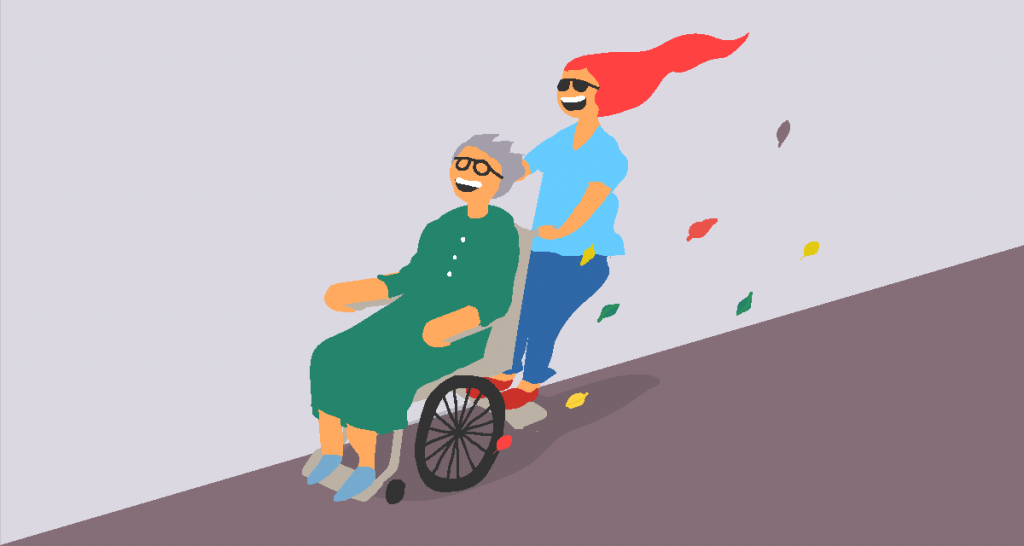Connect with someone you care about today. Tell them how much they mean to you.
When was the last time you had loads of fun? Or laughed so hard you wept? How many people have you hugged today? Connection, joy, love, laughter are your natural healers. Each of these states programs your immune system for survival to continue to enjoy the life you design.
Psychoneuroimmunology
The brain, peripheral nervous system, endocrine and immune systems, and organs of our body respond to the emotional responses we have through a common chemical language.
Our thoughts, consisting of words, images, body sensations and emotional feelings, are translated into the common chemical language of the:
1) nervous system – neurotransmitters
2) endocrine system – hormones
3) immune system – cytokines
Together, these thoughts, chemicals and systems inform our health, and are in constant communication. The cells of each of the 3 systems have receptors for the messengers (cytokines, hormones and neurotransmitters) of the other two systems. Immune, nervous and endocrine products coexist in lymphoid, endocrine and neural tissue. Hormonal and nervous system mediators can affect the immune system because the immune organs are irrigated and innervated by them. Immune mediators can affect endocrine and neural function and some white blood cells pass across the blood-brain barrier.
The nervous, endocrine and immune systems are really one sophisticated system. What you think and how you feel matters a lot! Your internal conversation is reflected in your health.
What are Cytokines?
Cytokines are soluble messengers that white blood cells produce to either attack an invading organism or cancer cell or talk to other immune cells. They form part of the immune response that can either assist the development of cancer or inhibit it. Several cytokines are involved in chronic inflammatory pathways associated with cancer development. Certain cytokines are released during an inflammatory response to promote tissue repair, but they may instead inadvertently promote tumour growth and invasiveness – thus forging a link between inflammation and cancer.
Cancerous tumours contain both pro and anti-tumour cytokines. The pro-tumour cytokines (Th2) are associated with increased fatigue, depression, cognitive impairment, anorexia, weight loss, pain, toxicity of treatment and resistance to treatment, and are promoted by stress, depression, anxiety, isolation, obesity, infection, excess exercise and trauma. If we can reduce these conditions, we may curb cancer growth.
Emotional Support
We all do better with emotional support. This means reaching out, being kind, hugging, and letting others know we care about them. Women diagnosed with breast cancer experience the most anxiety before they begin chemotherapy treatment. It is then that a helping hand with cooking or cleaning, or an invitation to do something fun may be very welcome.
Share the love!
References:
Take the Breast Health Challenge!
Connect with someone you care about today and take a photo or make a video of you doing it, and post on your Facebook page, Youtube or Instagram with the hashtag #breasthealthchallenge between Oct 1-31. Challenge your friends to do the same.
Sign up to receive daily tips in October: Sign Up
Let’s share what works!
Click here to see all tips
Upcoming Programs
For upcoming Healthy Breast Programs see http://mammalive.net/upcoming-courses/




